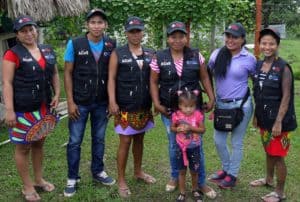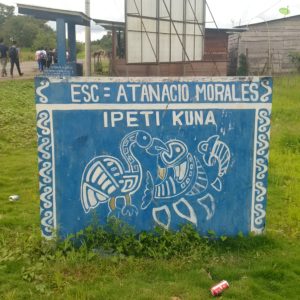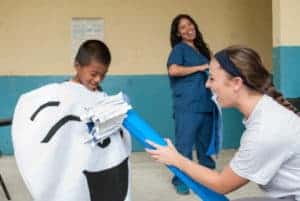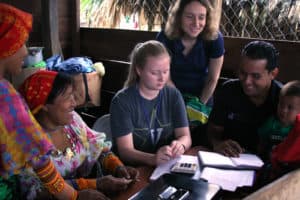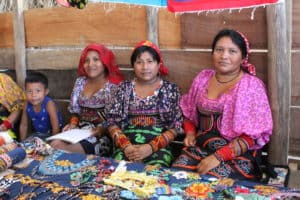HEALTH CARE ACCESS
Even though Panama is a country with a lot of economic growth, this growth does not apply equally to all Panamanians, especially those in rural areas. This results in stark inequality when it comes to healthcare access. The Panamanian Ministry of Health (MINSA) provides two different types of health facilities throughout rural Panama: Centros de Salud and Puestos de Salud. Centros are the larger of the two, often found in municipalities, and typically have at least one physician on staff at all times with nurses and potentially a dentist. Puestos are found sporadically in rural communities and generally have a single nurse available.
Even with this coverage, the Centros frequently lack a full pharmacy and the staff capacity to see every patient each day. After walking long distances or paying for a bus, rural visitors to the Centros can expect long wait times given the limited staff and resources to meet the demand from all neighboring communities. The physician density in Panama remains around 630 people for every one doctor. According to the World Health Organization, there should be a maximum of 435 people per physician to qualify a country as having adequate access to medical attention.
Ipeti Guna has a Puesto de Salud. The closest corresponding Centro de Salud is in Tortí, about 15-20 minutes away by bus. The most common illnesses seen within the community are diarrhea, stomachaches, skin infections, toothaches, fever, and vomiting. Community members reported that women are most susceptible to STDs and children are most susceptible to parasites and ear infections.


